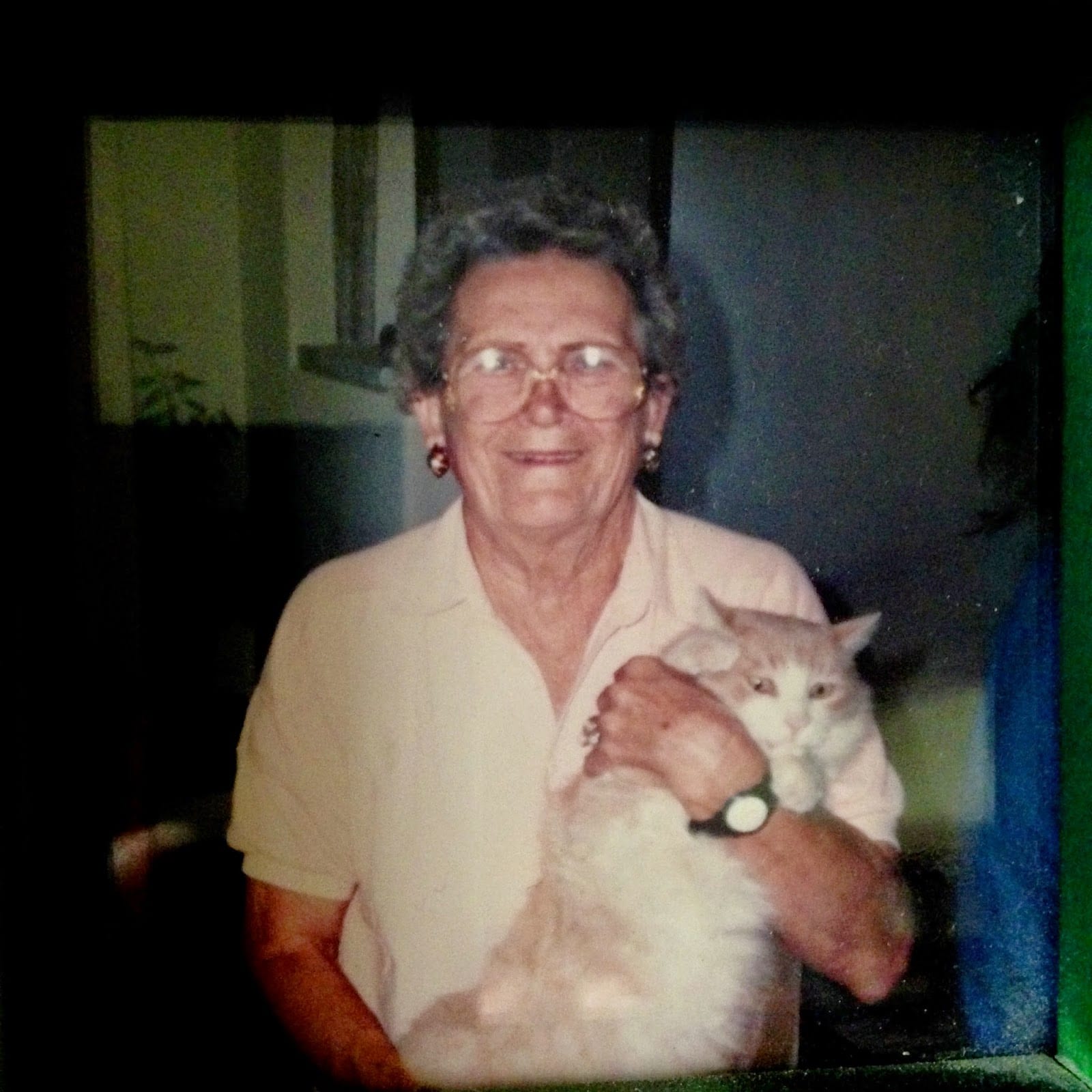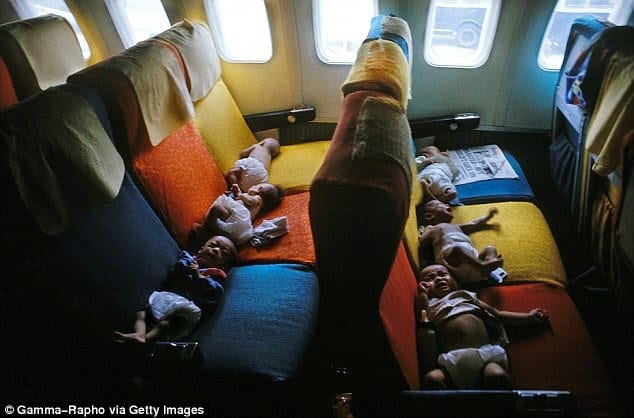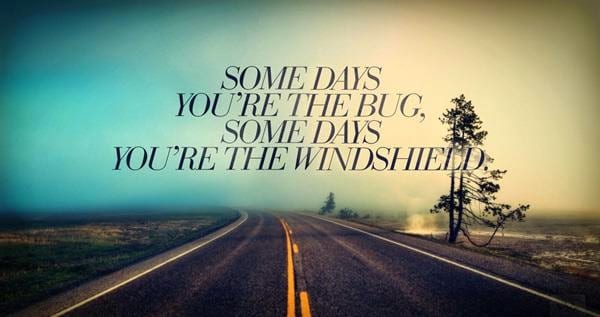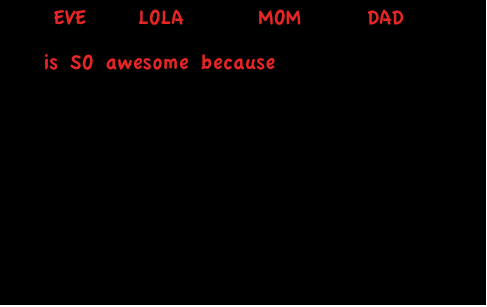My mother loves animals, but none more than cats. There has not been a day in my 43 years that she has not lived with at least one cat, and while she doesn’t go looking for them, the strays always manage to find her and move in.
My grandmother hated cats. I don’t know precisely why, but despite the fact that almost all five of her children grew up to have cats for pets, she was disdainful of them and wanted nothing to do with them. Grandma loved baseball, teaching, reading and traveling. Cats, she had no time or love for. Until she developed Alzheimer’s.
My aunt and uncle had a house in the hills above Santa Barbara and one summer, shortly after my grandmother began really struggling with her memory, a wildfire ripped through those hills and burned their house to the ground. For an agonizing bit of time, the family looked for their beloved cat, Cecil. When they found him, hiding among the hills, safe and sound, Grandma fell in love with him. We were all astonished. This woman who, for sixty years or more, had loudly proclaimed her hatred for felines, suddenly found a companion in Cecil, an enormous orange and white tabby.
One of my favorite pictures of her is this one, proudly clutching her new friend as he barely tolerates it.


First of all, let me say that I know Mom would be upset if she knew this photo was posted. I know it’s not the most flattering shot of her, but it is the only one I got before the cat got too heavy for her to hold. I was struck, later, by the similarities I saw. Even though Mom has always loved cats and Grandma hated them for most of her life, the comfort and companionship they both got from interacting with cats is the same.
For the few days I was with Mom, we were both exhausted. I could see her trying really hard to hold on to the thread of conversation, to pay attention to everything I said and it made me wonder if I ought to slow down or tell the same stories over and over again to somehow set them in her brain. (That wouldn’t have been hard – I found myself telling her the same things repeatedly simply because she asked the same questions again and again. Ironically, I wondered if she heard me doing that and thought that I was getting forgetful). By the end of the day, we were both entirely wasted from the effort. And that was when I noticed what happened when she sat with the cat. Her face relaxed, her shoulders relaxed. Her entire being settled. I don’t know if it was the tactile sense of petting the cat or the rhythmic purring, the weight (oh, the weight!) on her lap, or just the fact that she could communicate nonverbally, but she was at ease. She could just interact with him by sitting quietly and petting him without any expectation that she would remember it or make conversation.
It’s no wonder she is looking for the cats all day long. They are familiar to her and she can do exactly the things they expect of her – feed them, let them in and out of the house, and sit with them quietly. It has to be a huge relief to get moments during the day that are like this when so much else feels confusing and chaotic. I’m pleased that my grandmother had Cecil for a while, despite her mostly lifelong hatred of cats. If he knew, he never let on.









